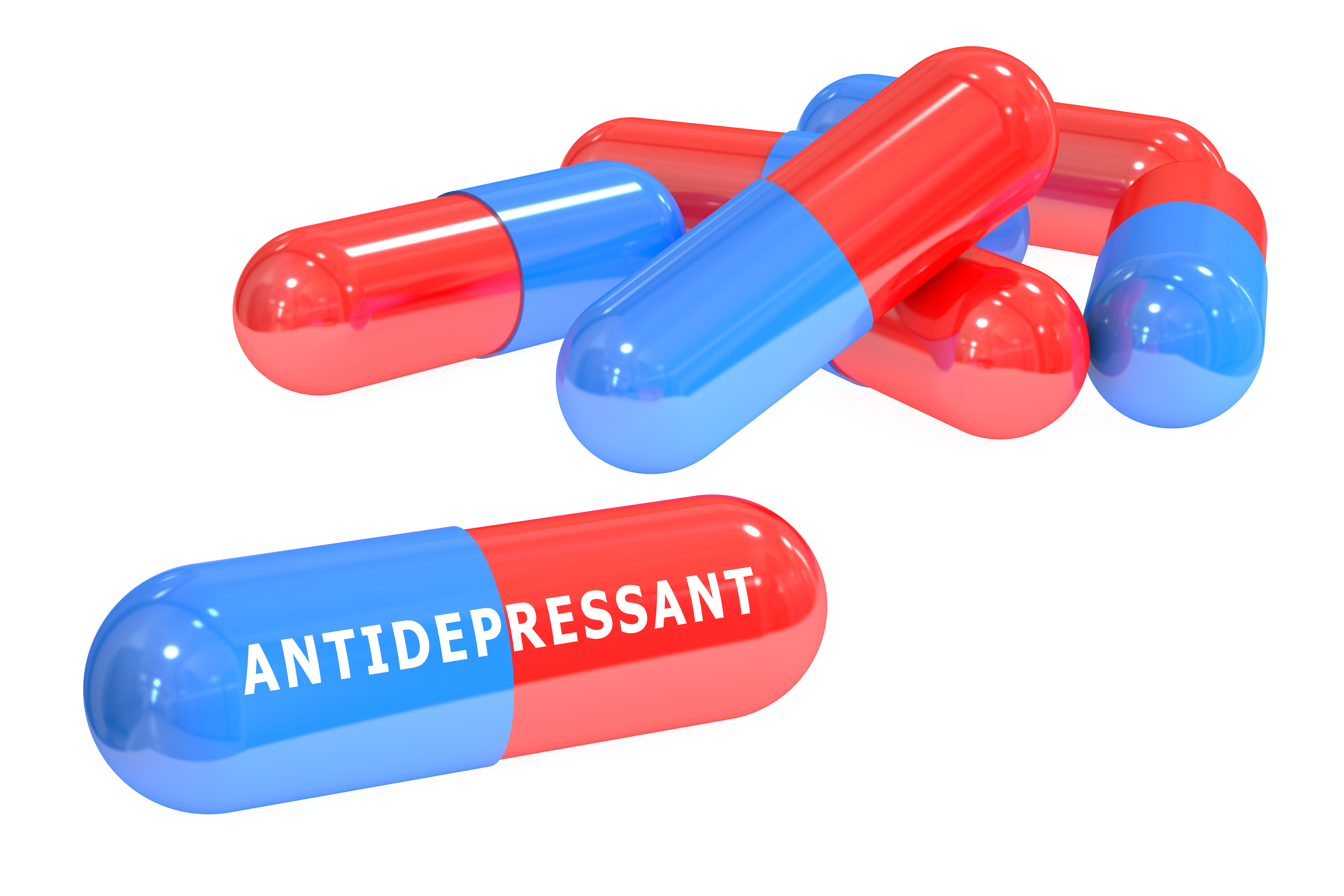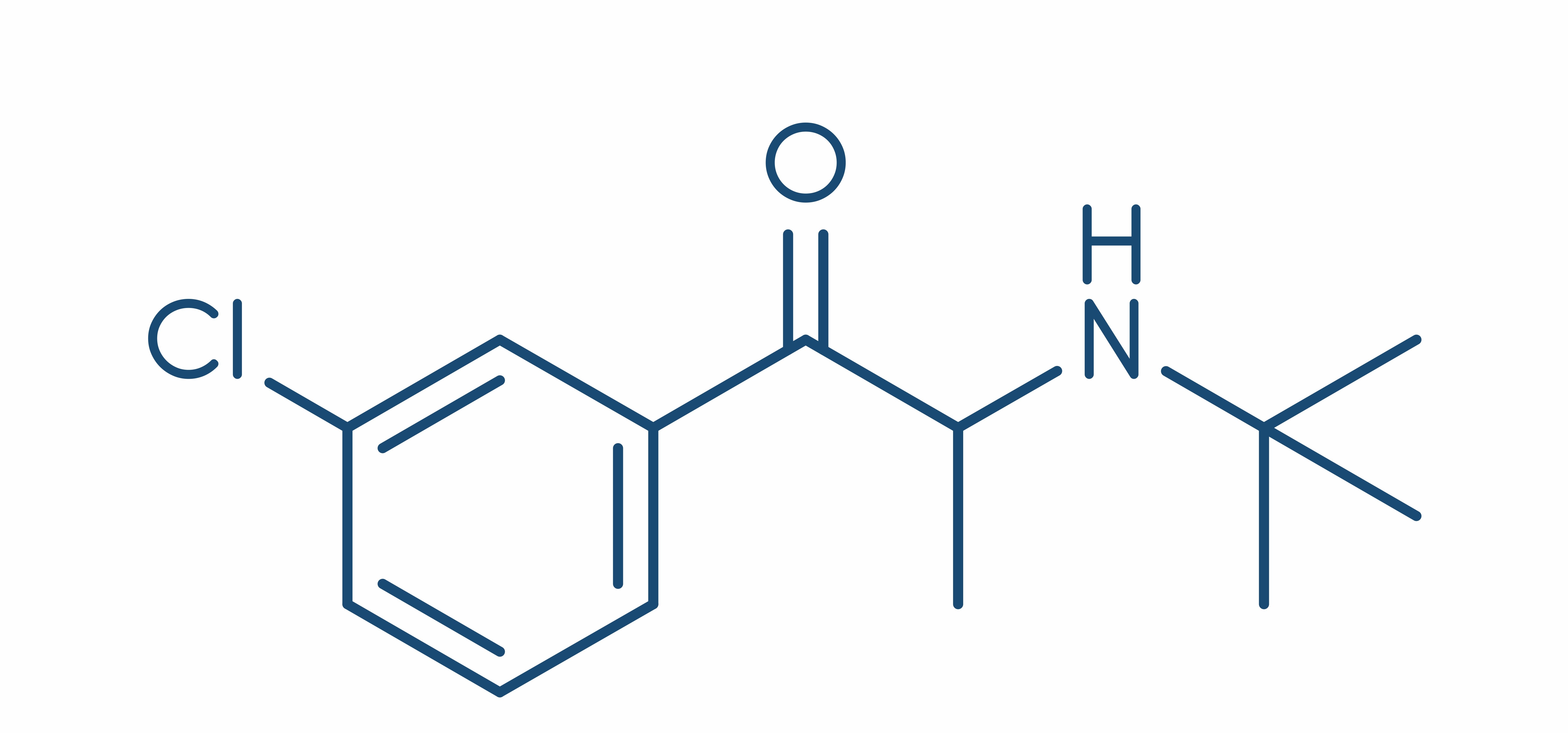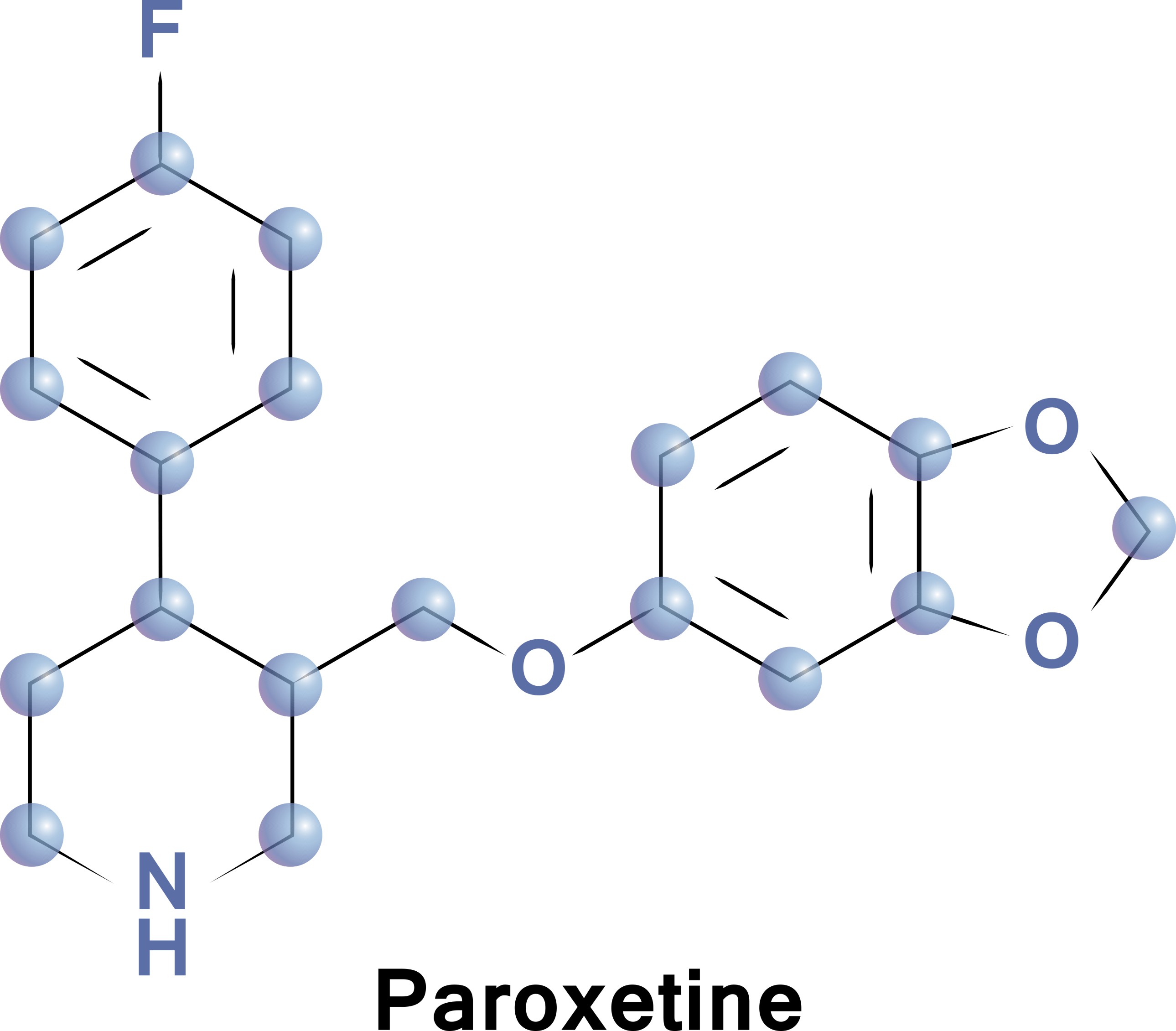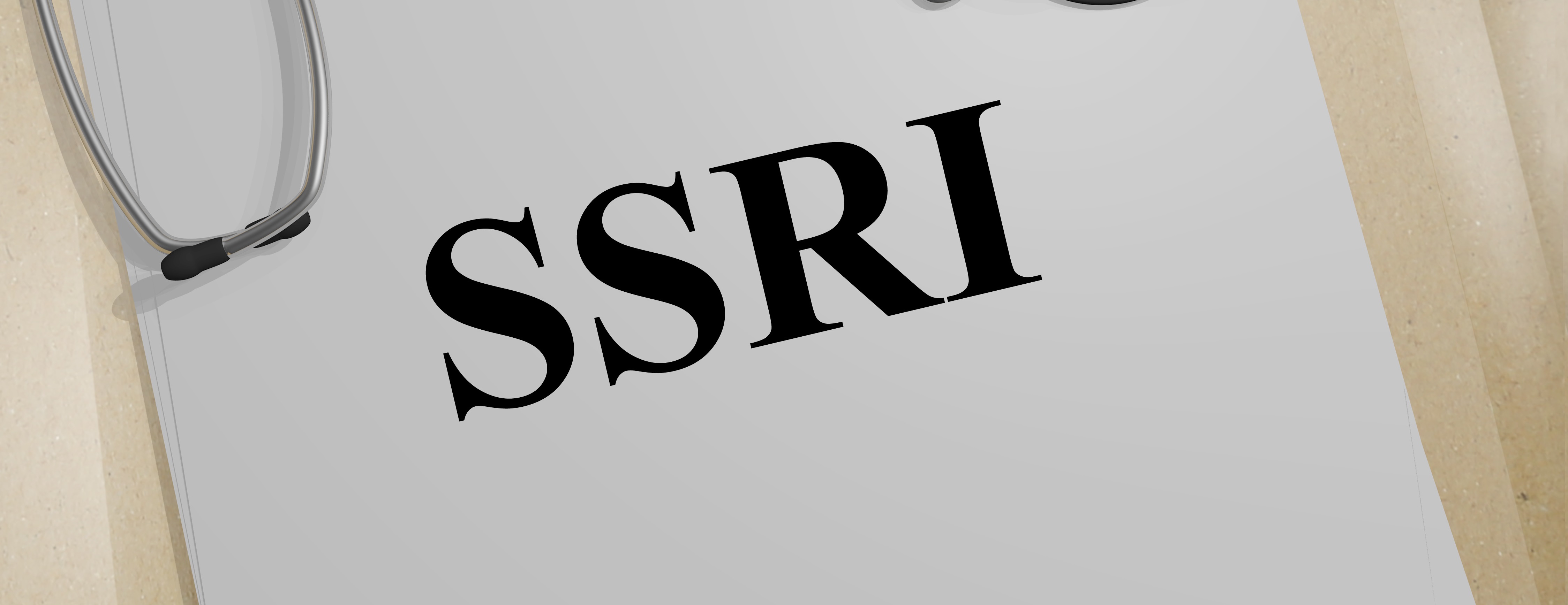Antidepressants
Antidepressants for bipolar disorder are effective treatments for depressive symptoms, however they may also trigger a manic phase so are often administered in conjunction with other treatments. Click on the links or the tabs below to access the information on each antidepressant, or browse the drop-down menu on the left.
Image: alexlmx2016 – stock.adobe.com

All antidepressants
What are antidepressants for bipolar depression? Most antidepressants increase serotonin or noradrenaline, and are effective for the treatment of unipolar depression. However, as they may increase the risk of phase shifting from depression to mania in people with bipolar disorder, they are generally used only when the depressive phase is severe and shows poor response to mood stabilisers or antipsychotics. What is the evidence on antidepressants for bipolar depression? Moderate to high quality evidence suggests second generation antidepressants (with or without mood stabilisers), are a more effective long-term prophylactic treatment for relapse to depression than placebo (with or without mood…

Bupropion
What is bupropion for bipolar disorder? Even though antidepressants are effective for treating depression, their use in people with bipolar disorder can increase the risk of phase shifting from depression to mania. Most antidepressants increase serotonin or noradrenaline; in contrast, bupropion has unique pharmacokinetics as a norepinephrine-dopamine reuptake inhibitor. Therefore, it has been suggested that bupropion may have benefits for depression with less risk of phase shifting than other antidepressants. What is the evidence for bupropion as treatment for bipolar disorder? Moderate to low quality evidence suggests a large effect of greater improvement in depression scores with bupropion than with…

Fluoxetine
What is fluoxetine for bipolar disorder? Fluoxetine is a widely prescribed antidepressant due to its efficacy and safety profile. It is a selective inhibitor of serotonin reuptake and has little effect on other neurotransmitters. It is often prescribed for bipolar disorder along with the antipsychotic olanzapine. What is the evidence for fluoxetine as treatment for bipolar disorder? Moderate to high quality evidence suggests greater improvement in depression with combined olanzapine and fluoxetine when compared to placebo, olanzapine or lamotrigine alone. Low quality evidence is unable to determine the benefits or risks of fluoxetine alone. November 2021 Image: ©MaZi – stock.adobe.com

Imipramine
What is imipramine for bipolar disorder? Imipramine is a tricyclic antidepressant that is widely prescribed for both depression and anxiety. It works by increasing levels of serotonin and norepinephrine and by blocking certain serotonin, adrenergic, histamine, and cholinergic receptors. What is the evidence for imipramine as treatment for bipolar disorder? Low quality evidence is unable to determine the benefits of imipramine for bipolar disorder. Review authors conclude that the existing evidence does not support the use of imipramine for bipolar disorder. November 2021 Image: ©Unkas Photo- stock.adobe.com

Paroxetine
What is paroxetine for bipolar disorder? Paroxetine is a selective serotonin reuptake inhibitor that is widely prescribed for both depression and anxiety. What is the evidence for paroxetine as treatment for bipolar disorder? Moderate to low quality evidence suggests no benefits of paroxetine over placebo for bipolar disorder. Low quality evidence is unable to determine the benefits of paroxetine over other medications. Review authors conclude that the existing evidence does not support the use of antidepressants in general for people with bipolar disorder. November 2021 Image: ©lyricsai- stock.adobe.com

Phenelzine
What is phenelzine for bipolar disorder? Phenelzine is a non-selective and irreversible monoamine oxidase inhibitor that is often prescribed for both depression and anxiety. What is the evidence for phenelzine as treatment for bipolar disorder? Low quality evidence is unable to determine the benefits of phenelzine over placebo or lamotrigine for bipolar disorder. November 2021 Image: ©motortion – stock.adobe.com

Sertraline
What is sertraline for bipolar disorder? Sertaline is a selective serotonin reuptake inhibitor that is widely prescribed for both depression and anxiety. What is the evidence for sertraline as a treatment for bipolar disorder? Moderate to low quality evidence suggests no differences in rates of switching to mania between sertraline and bupropion or venlafaxine. November 2021 Image: ©Alon Harel – stock.adobe.com

Tranylcypromine
What is tranylcypromine for bipolar disorder? Tranylcypromine is a monoamine oxidase inhibitor. It is widely used to treat both depression and anxiety. What is the evidence for tranylcypromine as a treatment for bipolar disorder? Low quality evidence is unable to determine the benefits of tranylcypromine for bipolar disorder. Review authors conclude that additional research is required to establish the efficacy of tranylcypromine as an add on to a mood stabiliser. November 2021 Image: ©cassis – stock.adobe.com

Venlafaxine
What is venlafaxine for bipolar disorder? Venlafaxine is a selective serotonin reuptake inhibitor that is widely prescribed for both depression and anxiety. What is the evidence for venlafaxine as a treatment for bipolar disorder? Moderate to low quality evidence suggests no differences in rates of switching to mania between sertraline and bupropion or venlafaxine. November 2021 Image: ©areeya_ann – stock.adobe.com
Green - Topic summary is available.
Orange - Topic summary is being compiled.
Red - Topic summary has no current systematic review available.